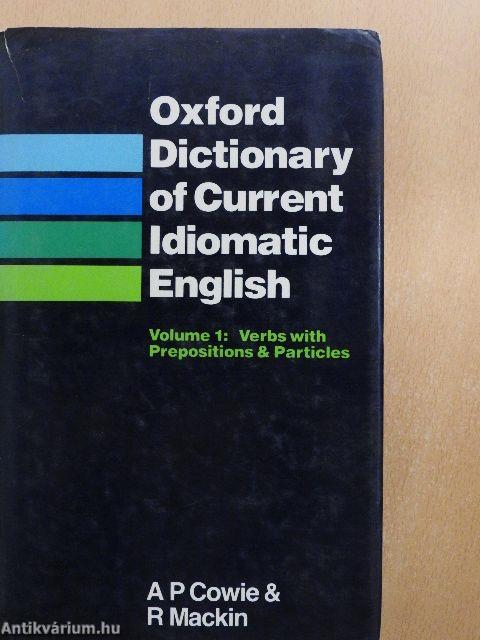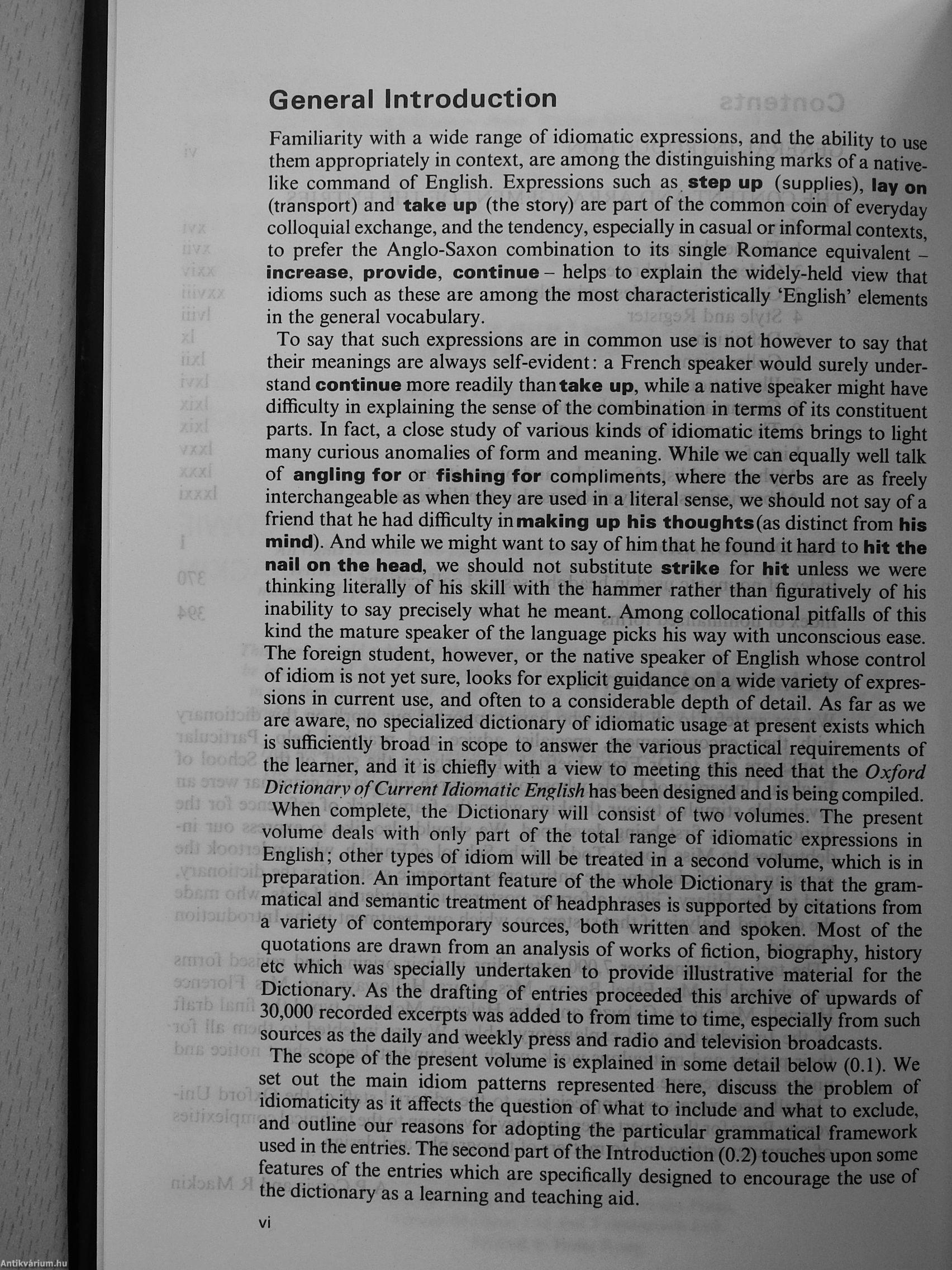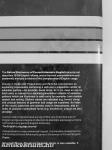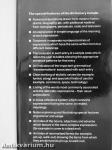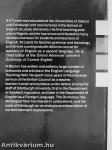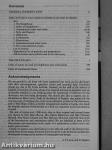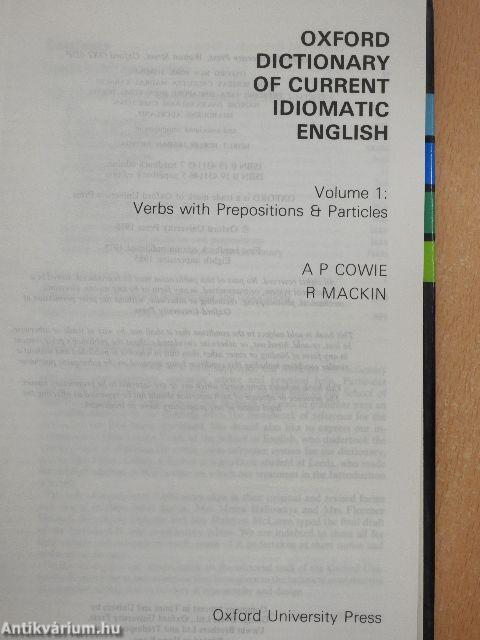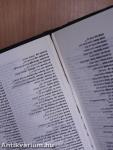1.067.073
kiadvánnyal nyújtjuk Magyarország legnagyobb antikvár könyv-kínálatát

VISSZA
A TETEJÉRE
JAVASLATOKÉszre-
vételek
Oxford Dictionary of Current Idiomatic English I.
Verbs with Prepositions & Particles
| Kiadó: | Oxford University Press |
|---|---|
| Kiadás helye: | Oxford |
| Kiadás éve: | |
| Kötés típusa: | Varrott keménykötés |
| Oldalszám: | 396 oldal |
| Sorozatcím: | |
| Kötetszám: | |
| Nyelv: | Angol |
| Méret: | 22 cm x 14 cm |
| ISBN: | 0-19-431145-7 |
naponta értesítjük a beérkező friss
kiadványokról
naponta értesítjük a beérkező friss
kiadványokról
Előszó
TovábbFülszöveg
» é
The Oxford Dictionary of Current Idioinatic English records and describes 15 000 English idioms, and Is the most comprehensive and systematic analysis avallable of thiscomplex ai:ea of English usage.
Volume 1: Verbs with Prepcj^tions and Particles concentrates on explaining expressions coirtainlng a verb and a preposition and/or an adverbial particle—for example, break down, be in on, keep an eye on. Each entry is referred to a detailed grammatical scheme of sentence patterns which are illustrated in each entry by examples from modern speech and writing. Stylistic values are indicated (e.g. formal, slang) and unusual-features of grammar and usage are explained. An index of the nouns, adjectives and adverbs used In head-phrases, and an index of possible nqminalized forms (e.g. breakdown, output) are also provided.
It is the most comprehensive survey of this very important area of English and gives a degree of attention to idiomatic expressions that Is not found in any... Tovább
Fülszöveg
» é
The Oxford Dictionary of Current Idioinatic English records and describes 15 000 English idioms, and Is the most comprehensive and systematic analysis avallable of thiscomplex ai:ea of English usage.
Volume 1: Verbs with Prepcj^tions and Particles concentrates on explaining expressions coirtainlng a verb and a preposition and/or an adverbial particle—for example, break down, be in on, keep an eye on. Each entry is referred to a detailed grammatical scheme of sentence patterns which are illustrated in each entry by examples from modern speech and writing. Stylistic values are indicated (e.g. formal, slang) and unusual-features of grammar and usage are explained. An index of the nouns, adjectives and adverbs used In head-phrases, and an index of possible nqminalized forms (e.g. breakdown, output) are also provided.
It is the most comprehensive survey of this very important area of English and gives a degree of attention to idiomatic expressions that Is not found in any general English dictionary. The English Language Journal
indispensable to every advanced linguist, it is the ideal complement to A S Hornby's Oxford Advanced Learner's Dictionary of Current English. Praxis
Volume 2: Phrase, Clause and Sentence Idioms is also available. It covers 7000 general idiomatic expressions.
special features of the dictionary include
¦ Numerous quotations drawn from modern fiction, drama, biography, etc, with additional material from newspapers, periodicals, radio and television
¦ An explanation in simple language of the meaning of each expression
¦ Treatment in separate numbered entries of expressions which have the same written form but different meanings
¦ The inclusion in each entry of a simple code which refers the user to tables showing the appropriate sentence patterns for that entry
¦ An indication of the important grammatical 'transformations' associated with each entry
¦ Clear marking of stylistic values (for example, formal, slang) and specialist fields of use (for example, commerce, space, technology)
¦ Listing of the words most commonly associated with the idiomatic expressions - their usual collocations
¦ A cross-reference system which connects expressions having the same, or related, meanings
¦ Notes explaining and illustrating special features of grammar and usage
¦ An Index of the nouns, adjectives and adverbs which feature in the more complex expressions (for example in come to a dead end)
¦ An Index of nominalized forms (for example, pin-up, walk-out) showing the items from which they are derived (to pin up, to walk out)
A P Cowie was educated at the Universities of Oxford and Edinburgh and now lectures in the School of English at Leeds University. His first teaching post was in Nigeria, and he has since contributed to many courses overseas for students and teachers of , English. At.Leeds he teaches grammar and lexicology and directs a postgraduate diploma course for teachers of English as a second language. He Is Chief Editor of the Oxford Advanced Learner's Dictionary of Current Englisti.
R Mackin has written and edited a large number of textbooks and articles in the English Language Teaching field. He spent many years in the overseas service of the British Council as a teacher, teacher-trainer and syllabus-writer before joining the staff of Edinburgh University, first in the Department of Applied Linguistics, and later in the Department of English as a Foreign Language. The Dictionary has developed from his interest in collocations, and his work at Edinburgh on an analysis and description of current idiomatic expressions. Vissza



